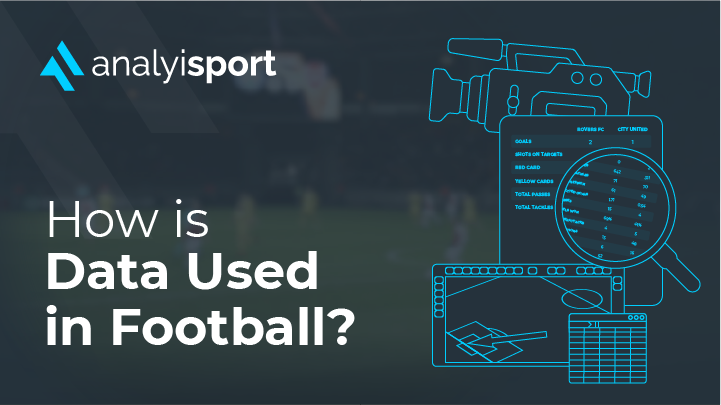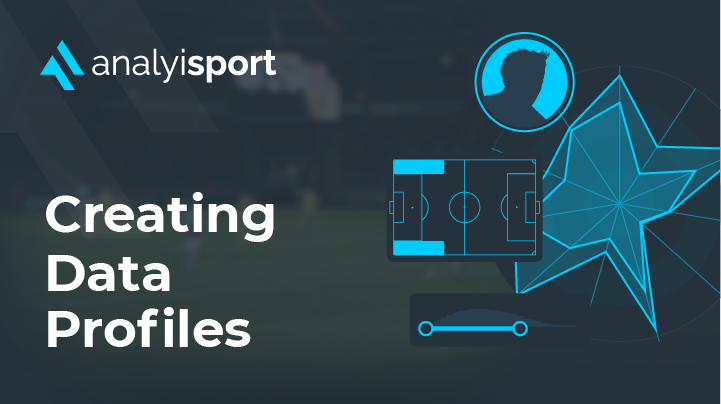How Does an Analyst Develop a Good Relationship with a Football Manager?
An analyst can be brilliant at interpreting data and video footage, but if they aren’t doing work that the manager can use, that work is wasted. That’s why an analyst needs to develop a good relationship with the manager. They need to be on the same wavelength.
We’ve spoken to a former EFL assistant manager, who wishes to remain anonymous, about what an analyst can do to develop a good relationship with the manager.
As a first step, the analyst needs to get to know the manager’s preferred tactics and style of play. “The analyst, as much as he is working within his own views and responsibilities, needs to adapt to the coach’s philosophy,” he told us.
How does the manager like their team to set-up? Do they tend to stick to one system or do they often change the formation? How does the team try to win the ball back when out of possession? Knowing information such as this helps the analyst to understand what the manager wants from their work. They can then look for the most relevant video footage and data.
Learning to adapt their work to the needs of the manager can take time. An analyst might not get it 100% right straight away. Each manager is different and what worked for a previous manager might not work for the next one. But the process can be made quicker if the analyst exchanges opinions with the manager as much as possible.
At its heart, the relationship between the analyst and the manager needs to be based on honest and respectful communication. Managers are busy, so it can take time to get to know each other. As they work together, the analyst and manager will discuss a range of subjects, from different specific game situations to the manager’s general principles. Each time they talk, the analyst should think about what the manager said and try to come away with a clearer idea of how they see the game.
“Simply put, the more the coach and analyst talk about football, the better their relationship will become,” our expert said. Sometimes there might be a difference of opinion, but as long as the work of the analyst is accurate and they can back up their interpretation with data and video footage, any disagreements can be respectful.
As the analyst learns to adapt their work to the philosophy of the manager, the manager will learn to trust the analyst to work efficiently and precisely. This is important as the manager doesn’t have a lot of time to spend with the analyst. “The more accurately the analyst can break things down and get the right message across, the more time can be spent on other important, success-impacting things like preparing for the next game or training,” the former assistant told us.
When both analyst and manager know they can trust each other, and both feel they’re working with the same philosophy, then the relationship will be a fruitful one. When this happens, the work of the analyst can make an important contribution to the team’s performances and help the manager bring success to the club.
Related Courses:
Share this article
Our Learning Pathways
AnalyiSport is for everyone who is passionate about analysis in football. Where are you in your development journey?
Become a Football Scout
As more clubs than ever look to build data into their recruitment process, an understanding of recruitment analysis is your ticket to success in the game.
Related Articles
Our team provides news and insights from the cutting edge of football analysis.







